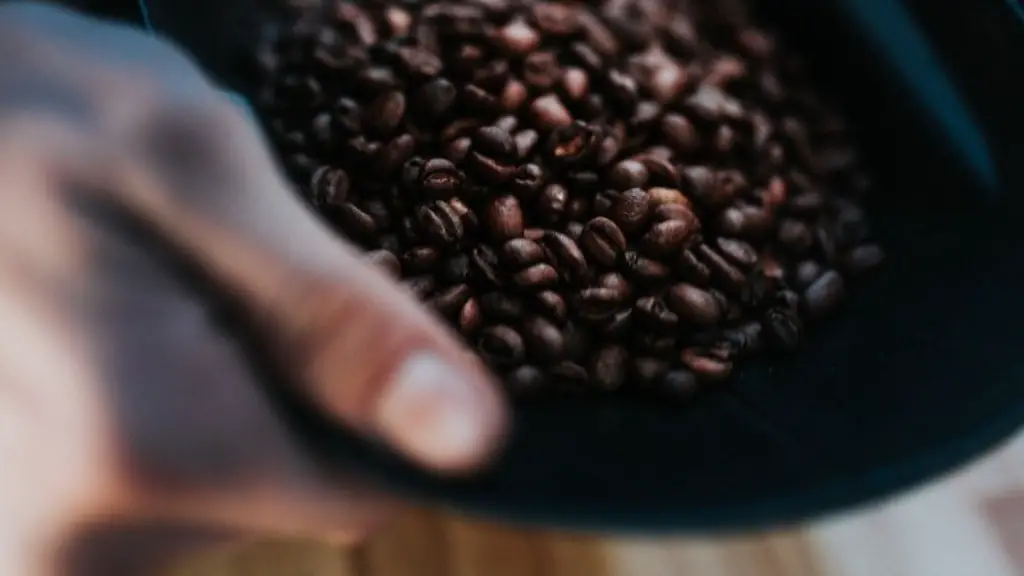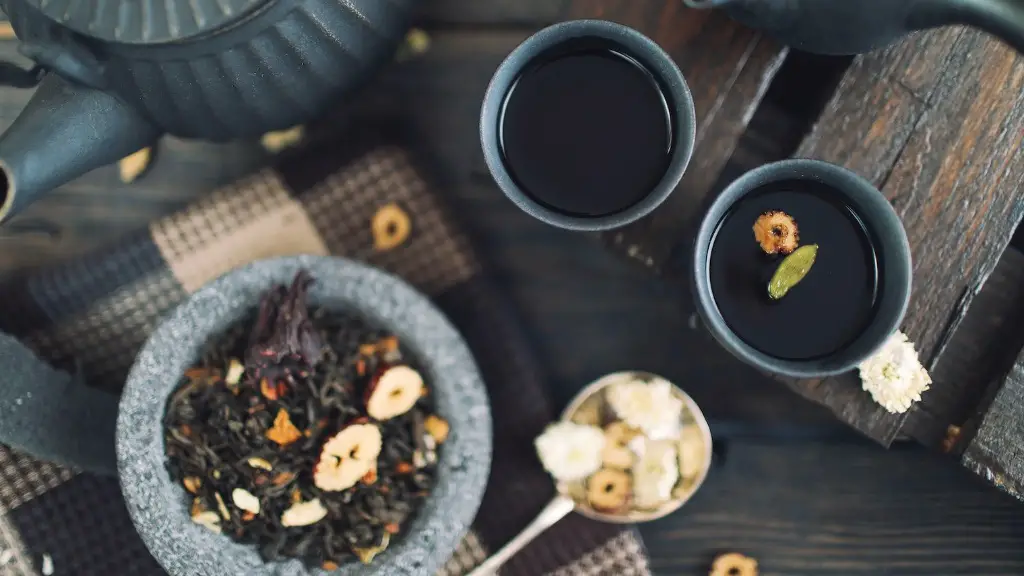What is the Impact of Coffee on Teeth Whitening?
Coffee is one of the most popular caffeinated drinks in the world. It is consumed in large quantities daily and is often used to energize people in the morning or throughout the day. But for those who have recently had teeth whitening procedures done, this beloved beverage can actually cause serious damage to your teeth. The high level of acidity in coffee can erode the enamel on your teeth and make your tooth whitening efforts ineffective.If you have recently had your teeth whitened, it is important to understand how coffee can affect the quality of the whitening process and the longevity of the results.
What is the Chemical Composition of Coffee?
Coffee is composed of a variety of ingredients, many of which can have an adverse effect on your teeth. The main ingredient in coffee, caffeine, is a stimulant which can temporarily cause you to become more alert, but it can also act as an acid. This means that the caffeine in coffee can erode the enamel on your teeth and cause them to become discolored. In addition, coffee is composed of tannins, which are natural compounds that can bind to the proteins in your saliva, creating a film on your teeth that can trap extraneous materials like coffee and other stains.
What is Teeth Whitening?
Teeth whitening is a cosmetic dental procedure designed to whiten and brighten discolored teeth. There are a variety of methods used to whiten teeth ranging from professional in-office bleaching treatments to at-home whitening kits. Professional treatments are often done in the dentist’s office and can be more expensive than the at-home kits. Professional procedures, however, can be more effective at whitening teeth than over-the-counter kits and have the added benefit of being monitored and supervised by a professional.
What Effect Does Coffee Have on Teeth Whitening?
Because coffee is acidic and contains tannins, it can erode the enamel on your teeth and impair the quality of your teeth whitening efforts. This is especially true if someone is drinking coffee right after they have had their teeth whitened. The acidic nature of the beverage can strip away the protective enamel on the teeth, making them more prone to staining. Additionally, the tannins in coffee can bind to the proteins in your saliva, creating a sticky film on your teeth that can trap the coffee and cause the teeth to become discolored over time.
How Soon Can I Drink Coffee After Teeth Whitening?
The amount of time you should wait before drinking coffee after having your teeth whitened depends on the type of whitening procedure you had done. If you had a professional procedure done in a dentist’s office, it is generally recommended that you wait at least 24 hours before drinking coffee. This is to give your teeth a chance to recover from the bleaching process and rebuild their protective enamel layer. For at-home whitening treatments, the length of time you should wait to drink coffee can vary depending on the type of treatment you used. Generally, it is recommended that you wait at least 8 hours before drinking coffee after using an at-home whitening kit.
Alternative Options to Coffee
If you are looking for a morning pick-me-up without all of the negative effects coffee can have on your tooth whitening efforts, there are other options available. Teas, energy drinks, and smoothies are all great alternatives to coffee. They are all low in acid, contain no tannins, and can provide a natural boost of energy. Additionally, these beverages can contain important vitamins and minerals that can keep your teeth healthy and strong.
What Are Some Natural Ways to Avoid Discoloration of Teeth?
Besides avoiding coffee after teeth whitening, there are other natural ways to prevent discoloration and improve the longevity of your tooth whitening efforts. The first step is to practice good oral hygiene by brushing and flossing at least twice a day. By doing this, you can remove any plaque or food particles on your teeth that could cause discoloration over time. Additionally, using a fluoride toothpaste can help to strengthen the outer layer of your teeth and protect them from staining.
Are Professional Teeth Whitening Procedures Recommended After Coffee Consumption?
If you have consumed coffee after having your teeth whitened, it is important to speak with a dentist about a professional teeth whitening procedure. These procedures are designed to restore the whiteness of teeth after a period of discoloration and can sometimes be done in the comfort of the patient’s own home. But if you have consumed coffee, it is important to discuss this with your dentist beforehand as they can advise you on the best way to go about whitening your teeth.
How Can I Whiten My Teeth Naturally?
Besides professional teeth whitening procedures, there are also a variety of ways you can naturally whiten your teeth. Eating a diet high in fruits and vegetables can help to maintain the natural whiteness of your teeth. Additionally, using a charcoal toothpaste or brushing your teeth with baking soda can help to naturally whiten your teeth over time. And finally, using natural remedies like apple cider vinegar or coconut oil pulling can help to remove the stains on your teeth and brighten your smile.
What Other Drinks Can I Consume Instead of Coffee?
Those who have just had their teeth whitened should avoid any type of acidic or sugary beverages, such as coffee, tea, soda, and energy drinks. Instead, opt for water or other low-sugar, low-acid beverages like almond milk, coconut water, or kombucha. You can also opt for sugar-free and naturally flavored sparkling water or herbal tea. All of these options are better alternatives to coffee and can still help to provide a boost of energy without eroding your enamel or staining your teeth.
What Types of Food Should I Avoid After Teeth Whitening?
It is also important to consider what foods you should avoid eating after having your teeth whitened. Highly acidic foods, such as citrus fruits and tomatoes, can erode enamel on your teeth and discolor them over time. Nuts, seeds, and popcorn should also be avoided as they can become stuck between your teeth and cause discoloration. Additionally, starchy foods like potatoes and rice can also cause discoloration over time. It is best to avoid these foods for at least 24 hours after having your teeth whitened.
What Are the Benefits of Teeth Whitening?
Not only does teeth whitening leave you with a bright, white smile, but it can also help to improve both your physical and mental wellbeing. Teeth whitening can boost your confidence and self-esteem and make you feel more comfortable in social situations. Additionally, studies have shown that people with a brighter, whiter smile tend to look younger and more attractive.



